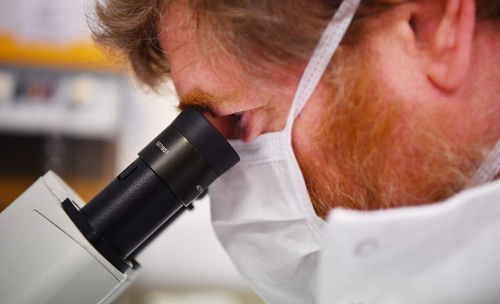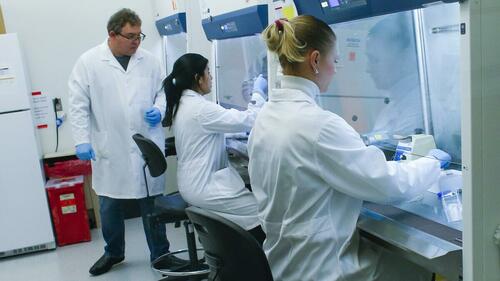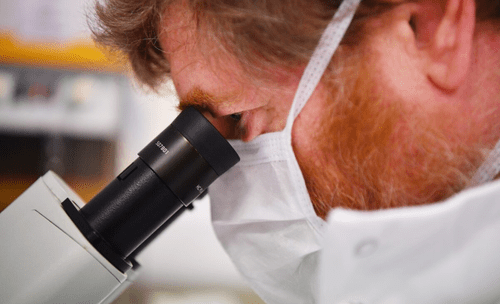Authored by Jessie Zhang via The Epoch Times (emphasis ours),
Research journals have withdrawn well over 300 articles on COVID-19 due to compromised ethical standards and concerns about the publications’ scientific validity.

Retraction Watch has provided a running list of withdrawn papers on COVID-19 ranging from “Acute kidney injury associated with COVID-19” to “Can Your AI Differentiate Cats from COVID-19?”
A total of 330 research papers have currently been retracted.
During the pandemic, researchers have compromised on ethical standards and tried to either get more publications approved or to take shortcuts around ethics, senior researcher Gunnveig Grødeland at the Institute of Immunology at the University of Oslo says, after going through the list of articles that have been withdrawn, and the reasons for some of them.

While it is quite natural for some articles to be updated or changed to be published in a different form, some have been retracted because the researchers did not obtain informed consent during the research.
“It will, of course, be withdrawn when it is found that ethical guidelines have been breached,” Grødeland told Khrono, a Norwegian higher education and research newspaper.
She pointed out that other articles have been withdrawn after the editors noticed that the strategies the papers mentioned were giving the wrong impression in the media of being recommended as actual treatment or prevention of COVID-19.
She said these sorts of articles had to be withdrawn as they claimed things that neither the authors of the articles nor their institutions could vouch for.
In addition, some studies did not include a large enough sample size.
When more subjects were included, the researchers could no longer maintain the same conclusions they made earlier about the effect of the drugs.
“A Little Out of Hand”
Grødeland said that part of the reason this happened during the pandemic was that relatively more people suddenly started conducting research on a topic they really knew relatively little about.
Even prestigious journals such as the Lancet were publishing those articles.
One of Lancet’s studies even caused both the World Health Organization (WHO) and the national government to stop the comprehensive testing of hydroxychloroquine’s effectiveness against COVID-19.
The extensive Lancet study, allegedly based on research fraud, said that the drug increased the risk of heart arrhythmia and mortality for COVID-19 patients.
Read more here…







